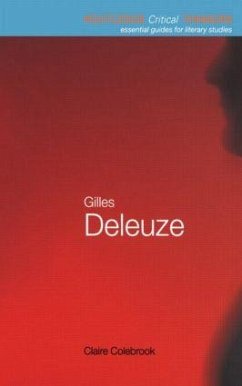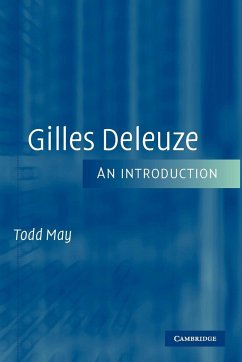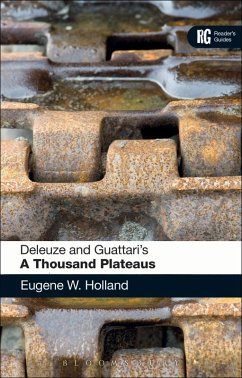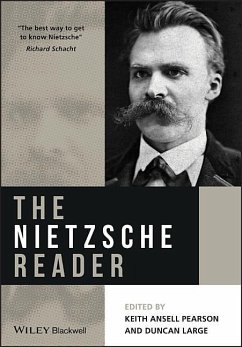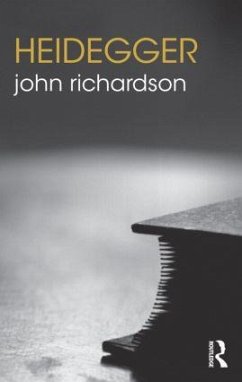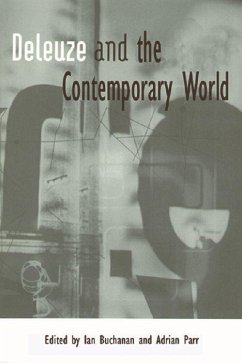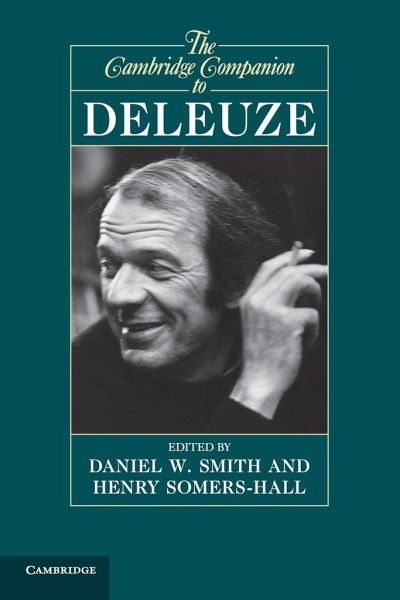
The Cambridge Companion to Deleuze
Versandkostenfrei!
Versandfertig in 1-2 Wochen
40,99 €
inkl. MwSt.

PAYBACK Punkte
20 °P sammeln!
This book provides an extensive, lucid survey of, and new research on, the philosophy of Deleuze. Includes detailed studies of Deleuze's engagements with phenomenology, post-Kantianism and the sciences. Of interest to scholars and students of the history of twentieth-century philosophy, Deleuze studies and cultural and literary theory.





